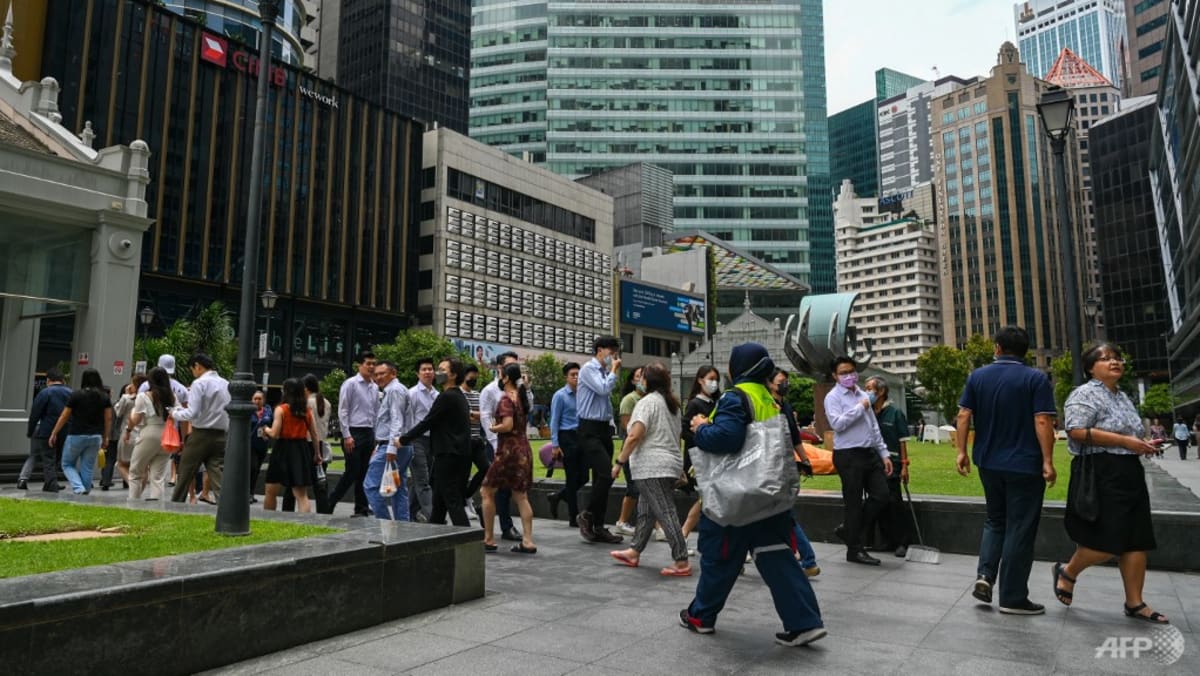
SINGAPORE: Rumours that Singapore is seeing a significant increase in severe COVID-19 cases and deaths due to the XBB strain are untrue, the Ministry of Health (MOH) said on Tuesday (Oct 11).
“There have been rumours circulating via WhatsApp that Singapore is having a rapid and large increase in cases with severe illness and deaths due to the circulating XBB strain,” the ministry said in a statement.
“This is not true. We are initiating POFMA action against such falsehoods,” it added, referring to the Protection from Online Falsehoods and Manipulation Act.
While there is an increase in local cases driven by XBB, including the post-weekend spike this Tuesday, MOH said the number of severe cases has remained relatively low.
“This is very likely due to the resilience built up through vaccination and previous waves of infection. We are monitoring the trajectory closely,” the ministry added.
“More importantly, there is also no evidence of XBB causing more severe illness. So far, the large majority of patients continue to report mild symptoms such as sore throat or slight fever, especially if they have been vaccinated.”
As of Tuesday, there were 11 intensive care unit (ICU) cases and 50 cases who needed oxygen supplementation – numbers which are “just slightly higher than the level observed in the past few months”, MOH said.
This compares with the 171 ICU cases and 308 cases requiring oxygen supplementation at the peak of the Delta wave, and the 54 ICU cases and 242 cases requiring oxygen supplementation at the peak of the Omicron wave, MOH noted.
“The increase in hospitalised cases is in line with the overall increase in cases. There are currently 490 hospitalised cases compared to 1,600 at the peak of the Delta wave and about 800 at the peak of the Omicron wave,” the ministry said.
“However, our hospitals’ emergency departments (ED) continue to be very busy, we encourage members of the public not to rush to the ED unless they are experiencing an emergency medical condition.”
Patients who walk into emergency departments with non-emergency conditions, including children, will be diverted to other urgent care clinics or primary care clinics for further assessment in order to prioritise resources for patients who need the medical care, MOH added.

